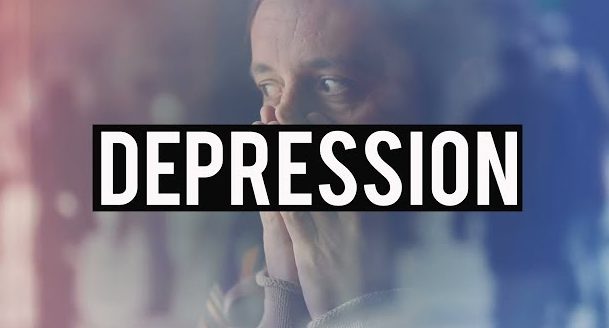Deprecated: Array and string offset access syntax with curly braces is deprecated in /var/www/wp-content/plugins/premium-seo-pack/lib/scripts/php-query/php-query.php on line 2196
Deprecated: Array and string offset access syntax with curly braces is deprecated in /var/www/wp-content/plugins/premium-seo-pack/lib/scripts/php-query/php-query.php on line 2220
Deprecated: Array and string offset access syntax with curly braces is deprecated in /var/www/wp-content/plugins/premium-seo-pack/lib/scripts/php-query/php-query.php on line 2262
Deprecated: Array and string offset access syntax with curly braces is deprecated in /var/www/wp-content/plugins/premium-seo-pack/lib/scripts/php-query/php-query.php on line 2264
Deprecated: Array and string offset access syntax with curly braces is deprecated in /var/www/wp-content/plugins/premium-seo-pack/lib/scripts/php-query/php-query.php on line 2265
The Artificial Intelligence model is named “context-free” as it examines how things are being communicated, instead of what is being communicated.
The researchers claimed the model proved a 77% success rate in recognising Depression.

The Massachusetts Institute of Technology (MIT) researchers have developed a Technology which they claim is proficient of sensing depression in individuals grounded on spoken and written responses.
The artificial intelligence (AI) model is named “context-free” as it examines how things are being communicated, instead of what is being communicated.
“We call it ‘context-free,’ because you’re not putting any constraints into the types of questions you’re looking for and the type of responses to those questions,” researcher Tuka Alhanai stated.
According to research co-author James Glass “every patient will talk differently, and if the model sees changes maybe it will be a flag to the doctors.”
He further said, “this is a step forward in seeing if we can do something assistive to help clinicians.”
The researchers claimed the model proved a 77% success rate in recognising depression.


